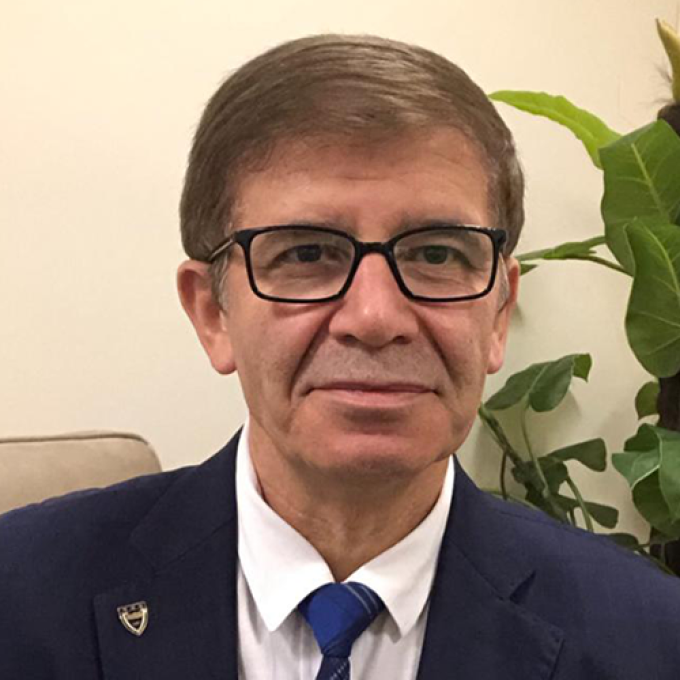
Prof. İrfan Kaya Ülger
Program Details
14:00 - 15:30
Prof Ülger graduated from the Department of International Relations of the Faculty of Political Sciences at Ankara University in 1989. He earned his master’s degree in 1995 from Ankara University’s Institute of Social Sciences, Department of International Relations, with a thesis entitled “Yugoslavya’nın Parçalanması (The Breakup Of Yugoslavia).”
He earned his PhD in 2002 from Ankara University’s Institute of Social Sciences’ European Union and International Economic Relations Department. His dissertation is entitled “Avrupa Birliği’nde Ortak Dış Politika ve Güvenlik Politikasının Oluşumu (The Formation of the Common Foreign and Security Policy of the European Union).”
He began his academic career in 1996 as a research assistant at Gazi University’s Department of International Relations. In 2003, he was promoted to Assistant Professor, then to Associate Professor in 2008, and Professor in 2017.
He is the current head of the Department of International Relations at Kocaeli University. He is also the head of the Department of the European Union.
At the undergraduate level, he teaches “Türkiye-EU Relations,” “EU Law,” “Central Asian States and Societies,” “Religion and Society,” and “European Integration.” At the graduate level, he teaches “International Relations Theories,” “Minorities,” “The European Court of Human Rights,” and “EU Foreign Policy.”
Prof Ülger’s published works include “Avrupa Birliği Kıskacında Kıbrıs Meselesi (The Cyprus Issue in the Clamp of the European Union),” “Avrupa Birliği Ansiklopedisi (European Union Encyclopaedia),” “Avrupa Birliğinde Siyasal Bütünleşme (Political Integration in the European Union),” “Yugoslavya Neden Parçalandı? (Why Did Yugoslavia Break Up?),” “Avrupa Birliği Rehberi (Guide to European Union),” “Avrupa Birliği’nin ABC’si (The ABC of the European Union),” “Türk Yunan İlişkilerinde Ege Sorunları (Aegean Issues in Turkish-Greek Relations),” and “Putin’in Ülkesi (Putin’s Country).”


